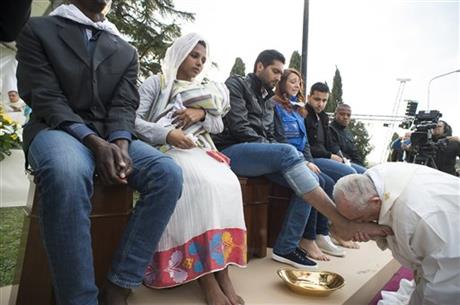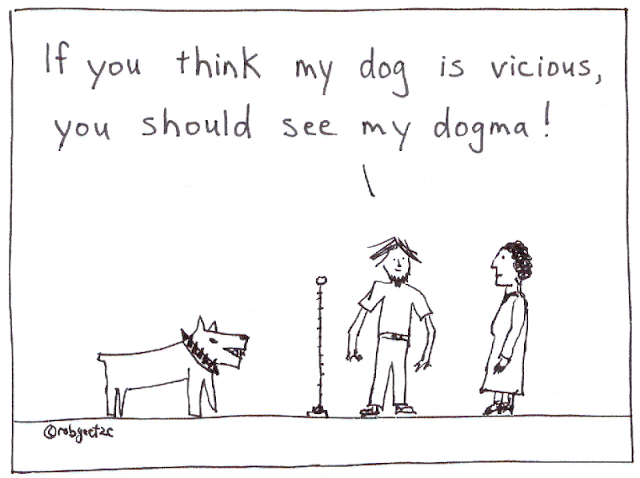For all of us who associate Martin Luther with the Reformation and nailing a lengthy thesis onto a church door, surprise!
From two separate books which I've been reading lately, I've learned that Luther was vehemently anti-Semitic. Here are some examples directly from Luther's writings (translated):
"First, to set fire to their synagogues or schools and to bury and cover with dirt whatever will not burn, so that no man will ever again see a stone or cinder of them… Moses… would be the first to set fire to the synagogues and houses of the Jews.
Second, I advise that their houses also be razed and destroyed… Instead, they might be lodged under a roof or in a barn…
Third, I advise that all their prayer books and Talmudic writings… be taken from them.
Fourth, I advise that their rabbis be forbidden to teach henceforth on pain of loss of life…"
Pretty scary stuff from someone who is revered in Protestant circles and who has denominations named after him.
In this context, how do we understand this verse that says, "Whoever claims to love God yet hates a brother or sister is a liar. For whoever does not love their brother and sister, whom they have seen, cannot love God, whom they have not seen." (I John 4:20)?
And what are those Christians going to do, who will not even play certain kinds of classical music because the composer lived an immoral life? To be consistent, they'd have to jettison Luther's ideas....
Perhaps it is best if I start with myself, to see where I am hating a brother or sister, or where I am not loving someone as God loves them... and to see where things I do are not pleasing to God....
Further reading: Rachel Held Evans on
"The day I found out Martin Luther hated Jews"













